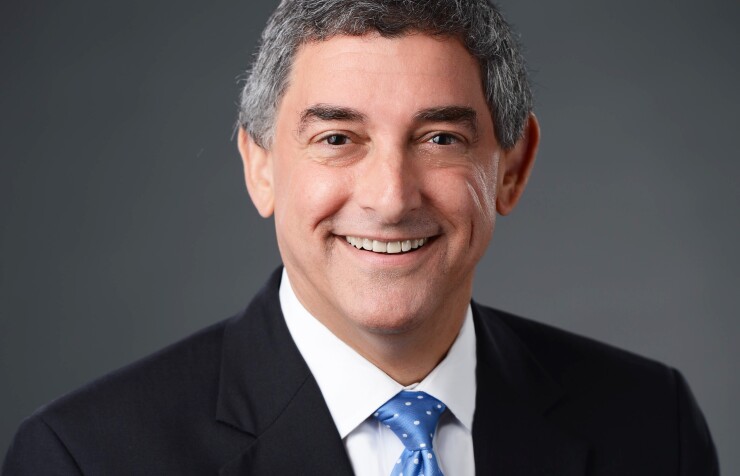As Louisiana state lawmakers resumed their annual session Monday after a break due to the coronavirus, S&P Global Ratings said the task of balancing the budget "will be met against a growing cloud of uncertainty” with the economic recession and the state addressing a COVID-19 hot spot.
S&P said in its view Louisiana's liquidity and reserve position will adequately support it through heightened economic headwinds caused by the pandemic and ongoing energy-sector volatility in the near term.

"Louisiana began the current fiscal year on a positive trajectory for both its revenues and economy, with forecasts for continued modest growth," said analyst Oscar Padilla. "For the first eight months of fiscal year 2020, the state's principal general fund revenues, sales and individual income tax revenues, were collectively up approximately 5%, compared to the year prior."
With the onset of the COVID-19 pandemic, S&P Global Economics said on April 16 it now forecasts a 5.3% contraction in U.S. output this year.
Padilla said the forecasted economic contraction will result in a "significant" decline in Louisiana's state revenue and economic output.
"Additionally, given Louisiana's limited industrial diversity, which still leans on chemical manufacturing and petroleum-refining industries, the state faces added pressure as the volatility in the energy sectors intensifies," he said.
Louisiana, which has struggled to contain the spread of the novel coronavirus has seen nearly 30,000 people infected, and nearly 2,000 people have died from it.
Gov. John Bel Edwards on Thursday extended the state's stay-at-home order until May 15. It was expected to expire May 1.
Edwards said that in recent days and weeks, Louisiana has seen a drop in new cases and hospitalizations in some, but not all, regions of the state. The rate of deaths from the disease continues to be high.
The pandemic has made it difficult to project what revenues will be available to support the fiscal 2021 budget.
"We don't have a forecast," Edwards' budget chief Jay Dardenne told the House Appropriations Committee Monday.
Dardenne said there are a number of unknown factors besides the depressed economy making it hard to determine spending levels for fiscal 2021. One is an ongoing lawsuit filed by the governor's office against State Treasurer John Schroder, who has withheld unclaimed property revenues that are typically sent to the state's general fund.
Another is a disagreement between members of the Revenue Estimating Conference, the majority of whom want to withhold $103 million in projected revenues from being considered in budget discussions. For that reason, there's been no forecast for projected revenues. The REC is expected to meet again May 11.
Louisiana has received $1.8 billion from the CARES Act, funding that has yet to be recognized in the budget, where spending decisions still have to be made, Dardenne said. Currently, those funds can only be spent on state and local responses to the outbreak, but he said some congressional lawmakers are working to relax that restriction.
"We'll obviously be looking at some cuts in the budget," Dardenne said, noting there had been plans to increase funding in the higher education budget but that probably won't happen now. "We're responding to the difficulty going forward."
S&P, which assigns a AA-minus rating and stable outlook to Louisiana's general obligation bonds, said the state has entered the current recession on "relatively stable footing."
As required by the state constitution, when a general fund operating surplus occurs in a fiscal year, 25% of the surplus is deposited into the budget stabilization fund the subsequent fiscal year. This has resulted in the state increasing its reserve profile in fiscal 2019 following strong revenue collections in fiscal 2018, S&P said.
The budget stabilization fund currently has a balance of $565.8 million or nearly 5.8% of general fund expenditures, which S&P considers good.
"We anticipate the state will use a portion of its reserves, as it has in challenging economic periods, to help bridge a balance for its 2021 budget," S&P said.





